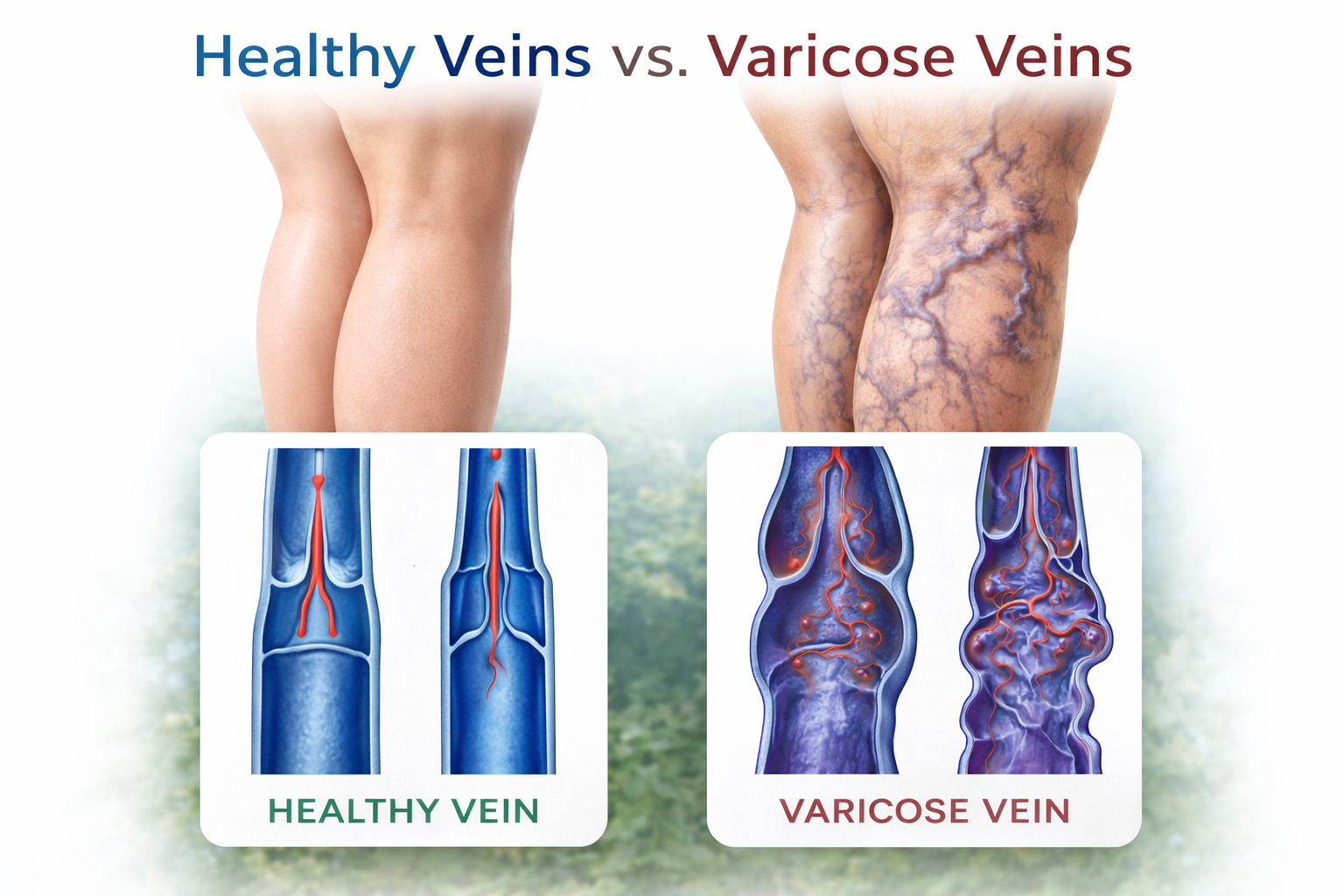For many women, menopause brings more than just hot flashes and night sweats. One of the most frustrating and often misunderstood symptoms is brain fog—that hazy, forgetful feeling that can make it harder to focus, recall names, or complete everyday tasks.
This cognitive shift can be alarming, especially when it starts to impact work, relationships, or overall quality of life. But the good news is, you’re not alone—and there’s a growing body of research that explains why this happens and what you can do to regain mental clarity.

What Is Menopausal Brain Fog?
Brain fog isn’t a medical term, but it describes a group of symptoms including:
- Difficulty concentrating
- Memory lapses (especially short-term memory)
- Word-finding problems
- Mental fatigue
These changes are most common during perimenopause and early postmenopause—the time when estrogen and other hormone levels begin to fluctuate significantly [1].
How Hormonal Changes Impact the Brain
Estrogen plays a crucial role in brain function. It supports the health of neurons, promotes blood flow in the brain, and helps regulate neurotransmitters like serotonin and dopamine. When estrogen levels decline during menopause, these brain-supportive effects also decrease [2].
This hormonal shift can lead to changes in:
- Verbal memory
- Attention span
- Processing speed
Research shows that women going through menopause report more cognitive complaints than women in premenopause, even when controlling for age [3].
Other Contributing Factors
In addition to hormonal changes, several other factors can worsen brain fog during menopause:
- Sleep disturbances from night sweats or insomnia
- Chronic stress and increased cortisol levels
- Nutrient deficiencies, particularly B vitamins and omega-3s
- Mood changes like anxiety or depression
All of these can affect brain function, making it harder to focus or remember information.
How to Support Cognitive Health During Menopause
1. Prioritize Sleep
Poor sleep is one of the strongest predictors of cognitive decline. Create a calming bedtime routine, limit screen time, and try natural sleep aids like magnesium, L-theanine, or herbal teas.
2. Balance Blood Sugar
Fluctuating glucose levels can affect mood and cognition. Aim for a balanced diet rich in fiber, protein, and healthy fats to stabilize energy and mental clarity.
3. Include Brain-Healthy Nutrients
Certain nutrients can help support brain health during menopause:
- Omega-3 fatty acids (especially DHA)
- Vitamin B12 and folate
- Magnesium
- Antioxidants like flavonoids (found in berries and green tea)
4. Stay Active
Regular exercise increases blood flow to the brain and supports mood regulation. Even 20-30 minutes a day of brisk walking can make a noticeable difference [4].
5. Manage Stress
Chronic stress shrinks the hippocampus—the brain’s memory center. Mindfulness, meditation, breathing techniques, and adaptogens like ashwagandha or rhodiola may help reduce stress and support cognitive resilience.

Final Thoughts
Brain fog during menopause is real, but it’s not permanent. By understanding the connection between hormones and cognition, and making targeted lifestyle and nutritional changes, you can support your brain through this transition and come out stronger on the other side.
References
- Greendale, G. A., Huang, M. H., Wight, R. G., Seeman, T., Luetters, C., Avis, N. E., … & Karlamangla, A. S. (2009). Effects of the menopause transition and hormone use on cognitive performance in midlife women. Neurology, 72(21), 1850-1857. https://doi.org/10.1212/WNL.0b013e3181a71193
- Brinton, R. D. (2009). Estrogen-induced plasticity from cells to circuits: predictions for cognitive function. Trends in Pharmacological Sciences, 30(4), 212-222. https://doi.org/10.1016/j.tips.2008.12.006
- Maki, P. M., & Sundermann, E. (2009). Hormone therapy and cognitive function. Human Reproduction Update, 15(6), 667-681. https://doi.org/10.1093/humupd/dmp022
- Erickson, K. I., Voss, M. W., Prakash, R. S., Basak, C., Szabo, A., Chaddock, L., … & Kramer, A. F. (2011). Exercise training increases size of hippocampus and improves memory. Proceedings of the National Academy of Sciences, 108(7), 3017-3022. https://doi.org/10.1073/pnas.1015950108





